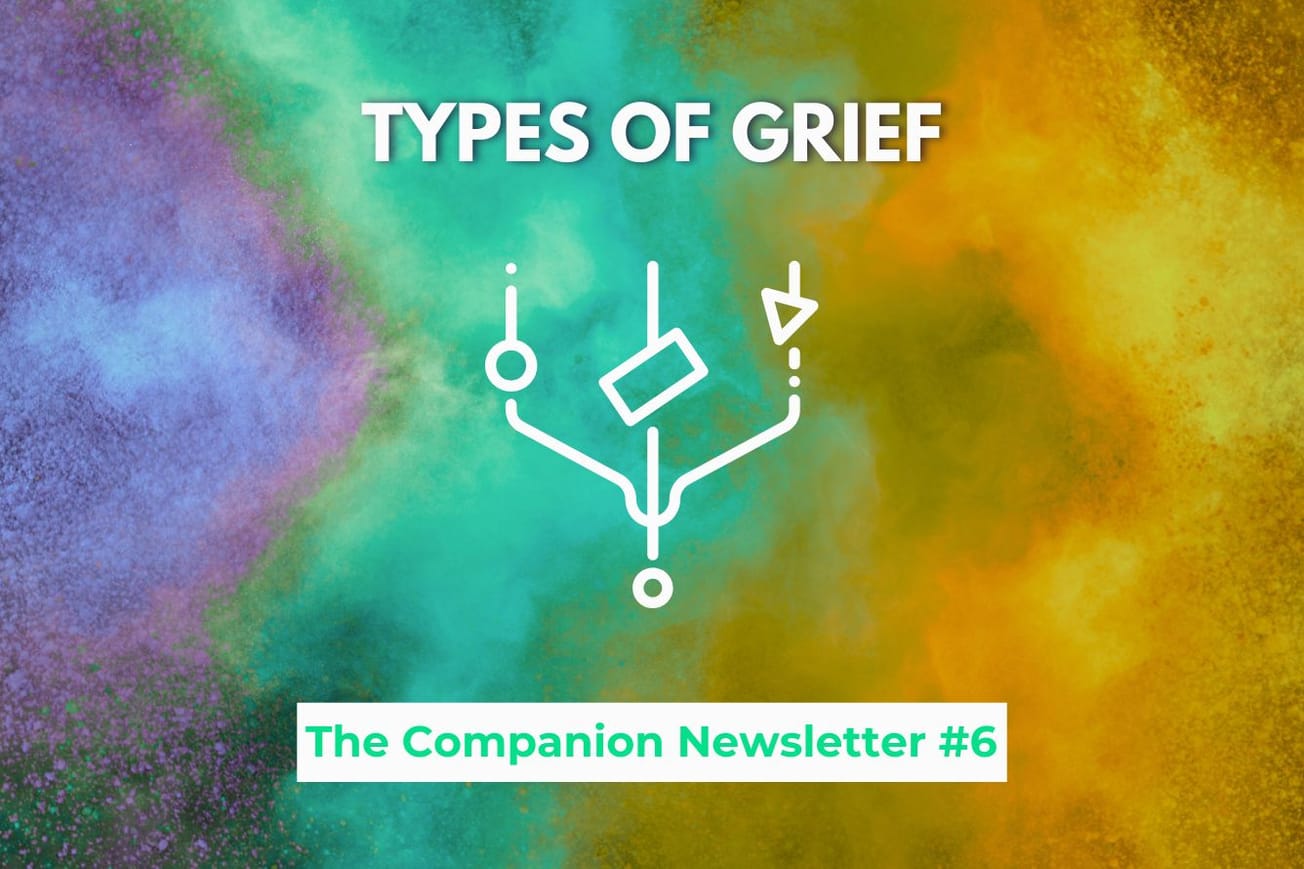There’s something elemental about the experimental, avant-garde sound of Son Lux.
The three-person act (Ryan Lott, Ian Chang, and Rafiq Bhatia) have made their bones as purveyors of mournful, transcendent synth-rock in albums like 2015’s Bones and their Tomorrows trilogy of concept albums. It’s fitting, then, that they’d be tapped by director duo Daniels — the collective name self-ascribed to Swiss Army Man (2016) filmmakers Daniel Kwan and Daniel Scheinert — to give musical voice to their multiverse-hopping, idiosyncratic action comedy Everything Everywhere All at Once.
As the all-encompassing nature of the film’s title suggests, their score had to be flexible, sprawling, but endlessly nimble, musically charting the journey of middle-aged Chinese immigrant Evelyn Wong (Michelle Yeoh, at the height of her powers) through a multiversal war that only she can stop. Not only that, it has to flit back and forth between tones, genres, and sensibilities at the drop of a hat: Intricately-choreographed action scenes give way to swooning romance, then to cheeky digs at talking animal cartoons, rinse, repeat.
It’s the kind of score that took years to compose, with Lott, Chang, and Bhatia working with Daniels at every point to translate the band’s airy, buoyant sound to the Daniels’ arch sense of humor and big, beating heart. What’s more, they had to craft original songs for the film that included collaborations with David Byrne, Andre 3000, Mitski, and (as we’ll discuss below) Pixar king himself Randy Newman.
Son Lux’s Rafiq Bhatia sat down with us to delve into their arduous process of scoring nearly two hours of music for the film, the dexterity they had to demonstrate for each world-hopping shift in the movie’s fabric, and what it meant for Bhatia to work on a film so closely tied to the specific expectations and anxieties of the immigrant experience.
While I know you’ve dabbled in film scoring prior to this, Everything Everywhere All at Once is the first time Son Lux has scored something as a group. Was that a challenging transition for you?
It was a really interesting and new direction for the three of us to do it together for the first time. Ryan has scored feature films before, and Ian and I have done a bit of it in the past. But this was the first time we came together from the ground up to build a score. It was a wild trial by fire.
The movie’s two hours and 19 minutes or something like that, and there’s an hour and 50 minutes of scoring in the film. It’s very tightly scored to the film, too; the approach that’s in vogue these days is for the music to be a tense, atmospheric layer that loosely correlates to the picture. And what we were doing was very tightly sculpted to what’s happening on screen. We certainly learned a lot doing it that way.
It feels like you had to take that approach, considering the very fabric of the film’s universe is changing from frame to frame.
Right. And I should say that wasn’t the original plan, either. Earlier, we thought, “We’ll score some portion of this, but they’ll probably use existing music of ours under certain scenes.” But as we continued working, we kept realizing it could be better if it were more shaped to what was happening. Everything on screen is meticulous and precise, and we wanted to ensure the sound matched that.
One of the great stories of this film is that everyone in every department that worked on it — from production design to sound design to music — was pushing each other to do the best and craziest work we could.

You mentioned building off your existing work for this score, and there are many shades of your Tomorrows albums in here. How conscious were you that the score needed to sound like Son Lux?
We had a really interesting and helpful early conversation with Daniels in the fall of 2019 before they started shooting, but while we were in residence working on the Tomorrows trilogy. They were really familiar with our music as a band, as well as our individual projects, and they wanted us to be ourselves. They knew that the thing Son Lux does, and what we share in common, is this idea of reconciling disparate elements. What they envisioned for the film was that, over time, all the different universes in the multiverse might cohere into something that felt greater than the sum of its parts. But they also stressed that, earlier in the film, they wanted the score to sound like you were changing channels, that each universe had its own distinct sound identity that established it for what it was.
I interviewed Daniels around the time of the film’s release and mentioned I would be talking to you. Daniel Kwan took me aside and told me to ask you about “taking a chair and building a house around it.” Does that sound familiar?
Oh yeah, we use it a lot. We tend to start with the particulars of a song and build the general idea around it. In contrast, many people take the songwriting approach of writing the melody and lyrics and then creating the musical arrangement to support the song. Instead, we start with some particular ephemeral fragment — for instance, the way it sounds when the compression on one of the floor mics of the drum kit picks up Ian dropping his sticks between sections of a song, or the squeak of the hi-hat pedal. We’ll say, “Let’s make a beat out of that.”
Things get built in reverse with us a lot of times, and the lyrics are often written in a way that’s not unlike scoring the music. What lyrical theme feels most at home inside the world of sound we’ve created? With that approach, we arrive at results we would never have if we’d done it the other way around.

When it comes to Everything Everywhere All at Once, what were some of the starting points you landed on in the scoring process? There’s a lot to choose from, between character and universe and texture and even sound design.
One early realization that proved fruitful was that, since we have all these universes, and the jumps between universes are often so fast, we may not be able to establish the identity of a universe with a melody or theme, as it’s traditionally done. So let’s give the universes their own sound worlds as a starting point.
The analogy I’ve been using is to think of the universes and each of their sounds as the vertical threads on a loom. Then we’d come up with melodic themes that, rather than pairing with a given universe, would be more big-picture themes like the relationship between Evelyn and Joy, or Waymond’s encouragement of a kinder approach to life. We then wrote short melodies purposefully so they could be dressed up as very sweet or sad in one universe, then menacing and scary in another. Those were the horizontal threads of the loom, and we could use those in conjunction with the vertical threads to weave together these universes.
What thread does ‘Claire de Lune’ play into? It shows up as a recurring musical motif throughout the score.
I love that you asked about that. That’s a great example of Daniels’ genius; it was their idea to make ‘Claire de Lune’ one of those melodies, and it’s tied to Dierdre (Jamie Lee Curtis’ character). It’s a very beautiful piece of music, but also a very normie, quintessential tune. And we thought it’d be funny if, through all these situations where you see Deirdre as this menacing character, we used gestures that actually teased ‘Claire de Lune’ the whole time. So when you see her in her comfortable home life and a relationship with Evelyn later on, and she plays it on the piano, it all makes sense somehow. That idea from Daniels had us thinking, “That’s hilarious, but I don’t know if that’s gonna work.” And it ended up being the best idea.

In addition to the underscoring, there’s a wonderful host of original songs with other artists you got to work with, like ‘This Is A Life’ by David Byrne and Mitski. But the one I’m most giddy to ask you about is ‘Now We’re Cooking,’ the sort of Mandela-d version of a Pixar movie song for Racocconie. And you actually got Randy Newman to contribute! How did that end up happening?
Oh my God, that was one of those pie-in-the-sky things, where everyone wanted to do it, but none of us thought it would actually happen. Then someone sent Randy the film, and he really enjoyed it. He saw it with his wife, and he said that she hadn’t laughed that hard during the whole pandemic. So he was immediately in, and Ryan got to write a song for him.
I don’t think he originally intended to sing on it, but one thing led to another, and Daniels told Ryan, “We really like how it’s a duet in the film, and we need another voice for it,” and Ryan said he didn’t know who they’d get to sing it. But they asked him to do it — so it turned into a duet between Ryan and Randy Newman. That’s one of those things you’d never expect to be on your bucket list, but there it is, crossed off.
Going back to the score, you mentioned the idea of switching universes as changing channels. Was there a particularly difficult channel to lock down the sound for?
One of the first tasks we received right out of the gate, because it needed to be written for them to shoot the scenes it would be in, was to score this one world that was like a sitcom, with a King & I kind of vibe, with a love theme. And then we’d switch to a world where it was the same sitcom, but everyone has hot dogs instead of fingers.
For that to be the first assignment was really pushing us as far outside our comfort zone as the film ever did. But it also helped set the tone right away because we had to find a way to negotiate with the humorous side of the project. It’s gonna be dumb and hilarious, which we don’t usually do with our music.

How early in the process were you involved? Because I know that the building where most of the film takes place was essentially the entire production office, with soundstages and everything. Did any of your scoring process take place in the building as well?
It was prior to the shoot, so fall 2019 was when we jumped on. So no, we weren’t on location when scoring. Even before the pandemic, the three of us live in different cities, working remotely, so that process stayed in place. There was one day we got to be on set together, two days before everything went on lockdown.
They were shooting the movie-star universe, where Evelyn is on the red carpet. And I just remember watching Michelle Yeoh shooting the footage of her walking up and people snapping photos, where she’s looking off in the distance, distracted. I remember watching her on the monitor, with the complexity of the emotion on her face, and being blown away by how ready this queen was for this project. That immediately took my excitement for the project to a whole other level.
But also, walking onto a movie set and seeing so many Asian-Americans, not just in front of the camera but behind, working on every aspect of this shoot, was really meaningful to me.
As a first-generation immigrant yourself, how did that story of a multigenerational Asian-American immigrant family resonate with you as you build out the score?
It was honestly difficult for me to be able to see it any other way. I envy people who were uninvolved in it and who get to see it for the first time in theaters. Even watching the first rough cut, I was sobbing, you know? Because I’ve never seen something that depicts certain aspects of that experience as wholly as this does, in a way that isn’t reductive. It doesn’t feel like it’s trying to epitomize or summarize that experience; it just arrives at a more poignant way of describing it than I think is possible if you try to reduce it and just put a period on it.
At SXSW, there was a Q&A with the directors and cast, and the questions people were asking about the immigrant experience, generational trauma, about mental illness. They understood what we were trying to get at. Having two hours of music to write for this, we were so overexposed and had no perspective by the end. These things made it feel like everything was worth it.
This article was first published on October 7, 2022, on the original Companion website. The film has since received numerous accolades and the most nominations at the 95th Academy Awards with 11 Oscar nominations including Best Picture, Best Original Score, and Best Original Song. The Oscars will be held on March 12, 2023.
The cost of your membership has allowed us to mentor new writers and allowed us to reflect the diversity of voices within fandom. None of this is possible without you. Thank you. 🙂






